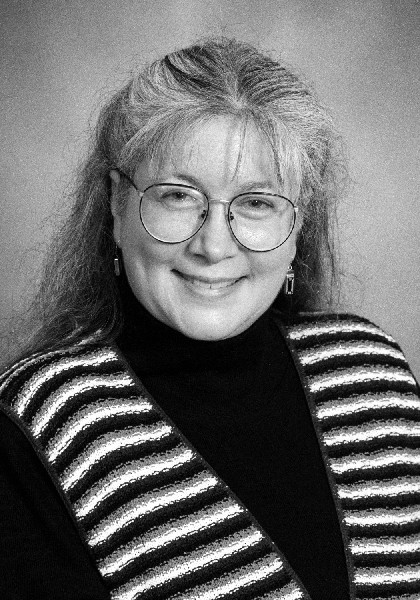If Derrida had deconstructed thought, it fell to another French philosopher, Michel Foucault, to deconstruct the thinker. Like so much of postmodernism, Foucault was addressing something “upstream” in Western thought, which is filled with notions of finding our self, knowing our self, and being true to our self. How this particular sense of the self and its place in the world–this subjectivity–originated is a question we seldom consider. We assume the Self is transcendent–it just exists, constant and universal. And we reason from there. It was exactly this certainty that Foucault wanted to attack. Just as Derrida considered how we think about the world as constructed, Foucault understood how we think of the Self as constructed, no less a cultural artifact than a vase, a chair, or a building. . . . [W]e think of the individual as a conduit for power, something it acts on and through. But power is also what first creates us as specific kinds of individuals.
—Riki Wilchins, Queer Theory, Gender Theory (47-48)
Required Readings
Mills Michel Foucault “Why Foucault?” (1-7) [on Moodle2]
Oksala How To Read Foucault “Series Forward” (ix-x), Introduction (1-5), Ch. 1 “The Freedom of Philosophy” (7-15), Ch. 3 “The Death of Man” (25-35) [on Moodle2]
Wilchins Queer Theory, Ch. 5 “Homosexuality: Foucault and the Politics of Self” (47-57), Ch. 6 “Foucault and the Disciplinary Society” (59-70)
Graduate Readings
Mills Michel Foucault “Power/Knowledge” (67-79), “The Body and Sexuality (81-95) [on Moodle2]
Bartky, “Foucault, Femininity and the Modernization of Patriarchal Power” (in Kourany et al. 103-118) [on Moodle2]
